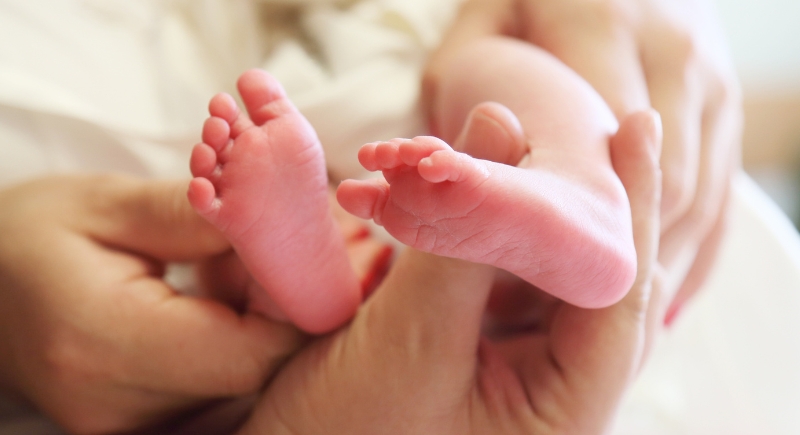Why Elon Musk Thinks Falling Birth Rates Are a Bigger Problem Than We Realize
When Elon Musk talks about space travel or electric cars, people listen. But lately, he’s been sounding the alarm about something far closer to home (literally). According to Musk, the real threat to humanity isn’t AI taking over or asteroid impacts. It’s the fact that fewer people are being born, and he thinks this problem is a lot bigger than most realize.
The Numbers That Got Everyone Talking

Image via Canva/Codrut Evalina’s Images
The latest numbers from the U.S. National Center for Health Statistics show that in 2023, there were 3.596 million births in the U.S., the lowest in over 40 years. The fertility rate dropped to 54.5 births per 1,000 women, which is well below the replacement level of 2.1 children per woman.
Musk has been warning for years that staying below this rate is a recipe for decline. However, a new study from PLOS One takes it a step further. It says the replacement rate we’ve been using for decades is outdated. Instead of 2.1, the number should be 2.7 children per woman, and Musk says it should be closer to three if we want to offset people who have none at all.
Why This Matters to Musk
Musk is the father of at least 14 children with several women and has even talked about using surrogates to have more. According to a Wall Street Journal report, he told Ashley St. Clair, who shares a child with him, that “to reach legion-level before the apocalypse,” we’d need surrogates to help increase the population. He’s even put money into fertility and population research.
Part of his urgency comes from the global trend. The PLOS One study points out that in the 1960s, the worldwide fertility rate was 5.3 children per woman. By 2023, it had dropped to 2.3. That’s a massive change in just a few generations. Musk and the researchers agree that if this trend continues, the human population could eventually shrink to the point where it can’t recover.
What’s Driving the Decline
Experts like Eric Finnigan, vice president of Demographics Research at John Burns Research and Consulting, say the causes are more about lifestyle changes than people might think. Fewer women are becoming mothers, and those who do are starting later (the average age for a first-time mom is now 30), and families are smaller overall.
On top of that, young adults are hitting major life milestones much later. Compared to 1984, fewer 30-year-olds are married or own their own homes. Factors include high living costs, political instability, and a general sense of economic uncertainty, so it’s no surprise that starting a family feels like a risky move to many.
Could the Government Step In?
Both the White House and the Trump administration have reportedly explored ways to encourage marriage and parenthood. Ideas floated in recent discussions include offering scholarships to married applicants or those with children and even giving mothers a $5,000 “baby bonus” after childbirth.
While these policies are far from finalized, they show that the declining birth rate is no private concern for Musk and demographers. It’s on the radar at the highest levels of government.
This Conversation Isn’t Going Away

Image via Getty Images/blueshot
The falling birth rate debate is about the future shape of society. Musk’s warning may sound extreme, but the data backs up his concern that the world is headed for a population crunch.
For now, it’s a problem most people don’t feel in their daily lives, but if the numbers keep sliding, the impact could be impossible to ignore. And if Musk is right, fixing it will require rethinking how we approach family life altogether.